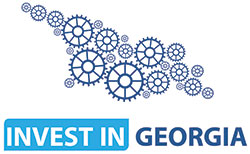Georgia is probably a place you don’t know much about,” said the late Anthony Bourdain when his “Parts Unknown” TV program filmed an episode about the country several years ago. “Few Americans, I suspect, could place it on a map. It’s small compared to the superpowers around it, but vital, its significance far exceeding its relative size.”
My conversations with an array of global investors and experts confirm that vitality and significance. More and more companies today know where to find it on a map.
But first, let’s get one thing straight: The country was first inhabited by the proto-Georgian tribes in the 12th century BC, giving Georgia a more than 3,000-year head start on the U.S. state of Georgia — a distinction Georgians find themselves constantly having to explain. Need further ways to distinguish the two? It helps to see the phonetic spelling and Georgian script for the country’s name: It sounds like “Sakartvelo,” and it looks like this: . Georgia is also known to be the oldest wine making region in the world, going back more than 8,000 years and giving Georgia another title as the “Cradle of Wine.”
But there are plenty of other things distinguishing this country from the crowd. It’s No. 7 in the world in the World Bank’s latest Ease of Doing Business report, for one. Already well known for its tourism and its business process outsourcing prowess, Georgia also is seeing increased momentum in manufacturing, and the dawning of an entirely new industrial and logistics ecosystem.
Israeli JV Finds New Home
ATC (Aero-Structure Technologies Cyclone), a JV between Israel’s Elbit Systems and the Georgian state-owned Partnership Fund, produces composite components for the civilian aircraft industry at a 150-employee site not far from the international airport of Tbilisi. Ari Weisbort helped locate that plant and run it. The former Israeli Air Force base commander and high-tech and aerospace industry leader moved to Georgia in 2018 to launch ATC.
“I knew nothing about Georgia,” he says. What he learned about were a number of conditions favorable for light industry, starting with a business-friendly tax scheme and low-cost land and power, but most importantly, skilled labor.
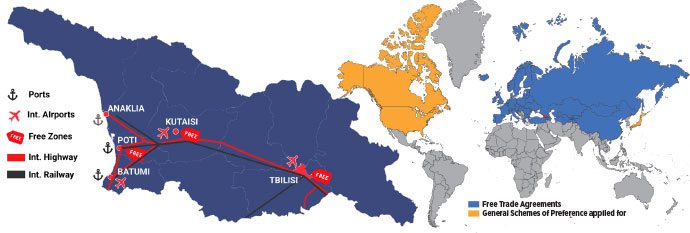
“The operational costs are so much lower, there was no comparison,” says Weisbort, who today is following his dream to establish a modern industrial park for international companies near Tbilisi or Kutaisi. “It’s 25%, and not more than 40%, of the normal costs in Europe, the U.S. and Israel.” Those low costs extend to everyday amenities like hotel room service, where a burger, fries and a couple beers will run you around $13.
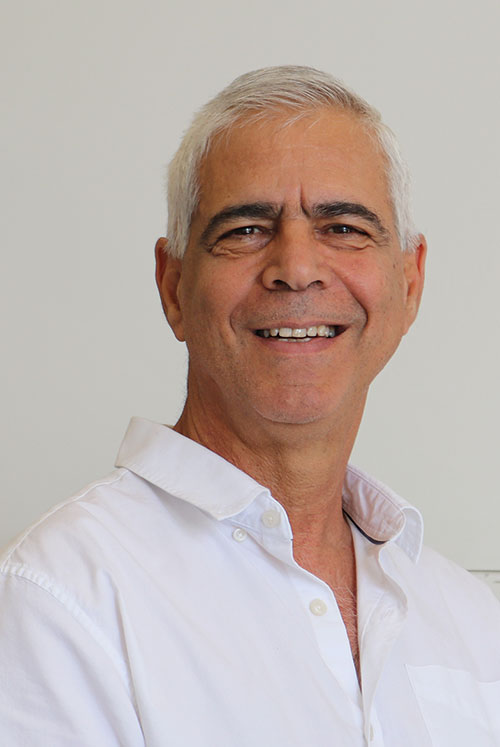
Enterprise Georgia Director Mikheil Khidureli says Georgia’s labor force is competitive and skilled. And for sectors that are developing now, subsidized training is available. “If you want to hire and train mechanics, for example, you can get financing from the government,” he says.
Georgia stands ready to make composite, electronic parts and components for aerospace or automotive employers, among other industrial sectors. Khidureli says the automotive and electronics sectors are heating up. The crucial foundational ingredient is the people.
“They are good people, with discipline, and they are striving to do more, to know more and to study more,” Weisbort says.
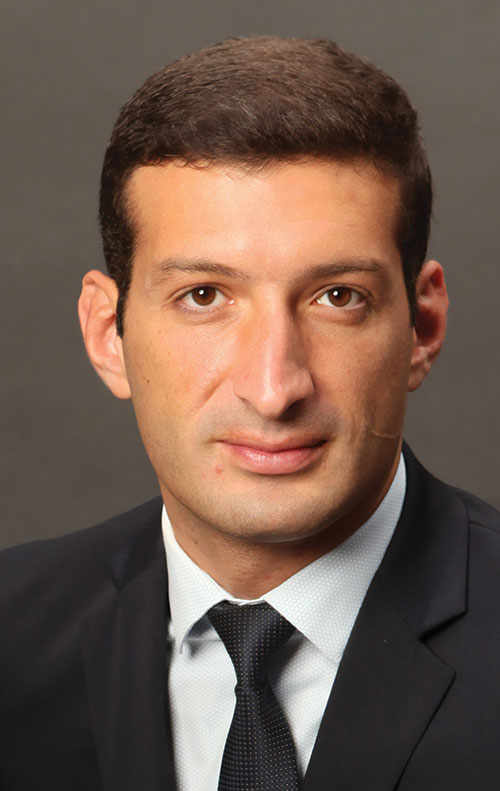
Enterprise Georgia has promoted tours for site location professionals and to support creative industries and shared intellectual services. Andrew Clutz, director, corporate investment & analytics at Site Selection’s parent company Conway Data, participated in one of those tours in 2020. He sees a young group of leaders who are “very switched on and supportive, pushing the country forward. The people are very focused on building a new society. You get the sense that they’re just so bought into the future of the country.”
AE Solar, founded in Königsbrunn, Germany, bought into the country in May 2019, when it opened its Georgian photovoltaic modules manufacturing facility, investing more than $10 million and employing around 140 today at the facility in Kutaisi (third largest city in the country).
Durbek Fattakhov, CEO of AE Solar Group and general director of AE Solar Georgia, says his team was pleasantly surprised by the level of technical skills in Georgia. Sales have progressed fast at a global sales office the company set up in Tbilisi, where Georgian team members speak multiple languages fluently.
Top-Notch Business Climate
According to Fattakhov, besides labor force, what attracted AE Solar to Georgia was the favorable business environment. In 2017, he says, “the AE Solar board of directors decided to establish new manufacturing in Europe as the EU, USA and India (which are among the main markets) imposed safeguard and antidumping duties against solar module manufacturers in China. We were considering several locations like Romania, Ukraine, Poland and Georgia, and among all aforementioned countries, Georgia was the most attractive because of transparency policy, tax legislation, labor law and location. Kutaisi was chosen because it is very close to Poti port, as well as production is located in a free industrial zone operated by Hualing Group, where we are importing our raw material and components duty-free and exporting afterwards, which is highly cost-effective.”
The country has four free trade zones, but the nominal land costs and government support amount to the country nearly being one big free zone already. Since 2017, corporate profit tax on reinvested profit is 0% and social security contribution is only 2%. Georgia’s stripped-down and streamlined tax scheme has produced the third-lowest overall tax rates in the world. “You can’t go lower than that,” says Khidureli, “Low taxes means low taxes.” Paying them is simple and transparent, with online payments via commercial banks minimizing procedures and bureaucracy.
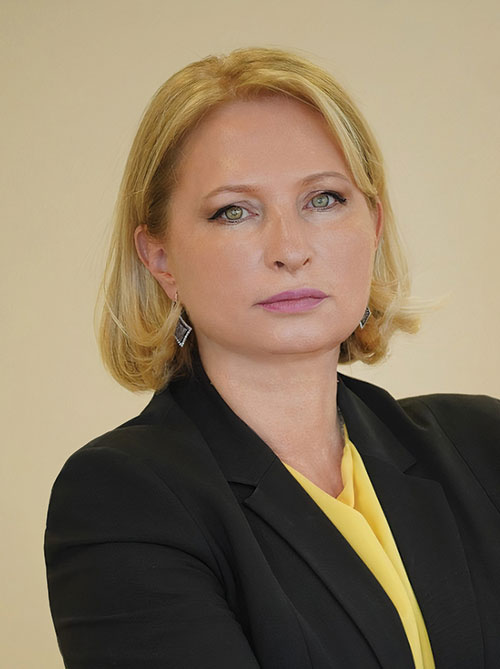
For Fattakhov, ease of doing business is a day-to-day experience, not an exercise in analytics. “I lived in Dubai, UAE, for over four years and moved to Georgia in August 2017,” he says. “The Ease of Doing Business index is not just an index, but it is a true story when we are talking about Georgia, as I have seen so many challenges when I was working in Dubai. In just three years I’m not facing the bureaucracy when it comes to day-to-day operation of our company, registration of assets and interconnection with the revenue office.” Support from Enterprise Georgia with project financing also has been a valuable and steadying influence.
Andrew Clutz vouches for that efficiency and effectiveness, noting a highly automated customs clearance process and centralized services offices, modeled after Estonia’s system, in multiple locations in Georgia’s main cities. “You can register a company, register property, get a passport, marriage license or even get a divorce within an hour,” he says of his recent visit. “We could have registered a company right there and then.”
Market Access
Georgia has been successful in reforms and is quickly becoming intertwined in global value chains.
Mark McCord is chief of party for the Economic Security Program of the U.S. Agency for International Development (USAID). The five-year program aims to support the creation of up to 4,000 new jobs through outreach to some 600 small and medium-sized enterprises. Asked to describe the evolution of the company’s business climate, McCord says, “Georgia’s transition to a business-friendly economic system over the last 20 years has been nothing short of miraculous. I first visited the country in 1998 … In the 22 years since, the transformation has been profound not just in terms of international report rankings but in the modernization of the country. Hundreds of millions of dollars have been spent in infrastructure improvements, corruption has been reduced to virtually zero, and business-friendly processes have been integrated into the economic mainstream. Georgia’s workforce during that period has transitioned to one of the most productive in the region, and the country has become a shining example of stability in terms of investment.”
has the world’s third lowest total tax and contribution rate on profit.
Catarina Bjorlin Hansen is director and regional director, Caucasus, for the European Bank for Reconstruction and Development (EBRD). As of spring 2019, the EBRD had invested over €7.77 billion in the Caucasus through 564 projects, from wind and hydropower to a Singaporean hazelnut producer and the global expansion ambitions of a Georgian producer of medical supplies. She too notes the progress made over the past generation.
“There is now reliable electricity supply (75% of the country’s electricity supply is from renewable energy sources), and water, wastewater and solid waste collection services are well-functioning,” she says. “The road network is being upgraded, and while there are still some stretches to be covered, the progress is visible. Railway services work well. Prior to the COVID-19 crisis I would have said that Georgia should consider extending the airport in Tbilisi. I hope this will soon be the case again. The Kutaisi and Batumi airports provide alternatives, so the country is well covered. Thus, all basic infrastructure required for business needs is in place. Looking forward, Georgia needs to enhance its port capacity on the Black Sea coast and its air cargo facilities. I believe logistics centers and cold storage facilities would be useful complementary investment as well.”
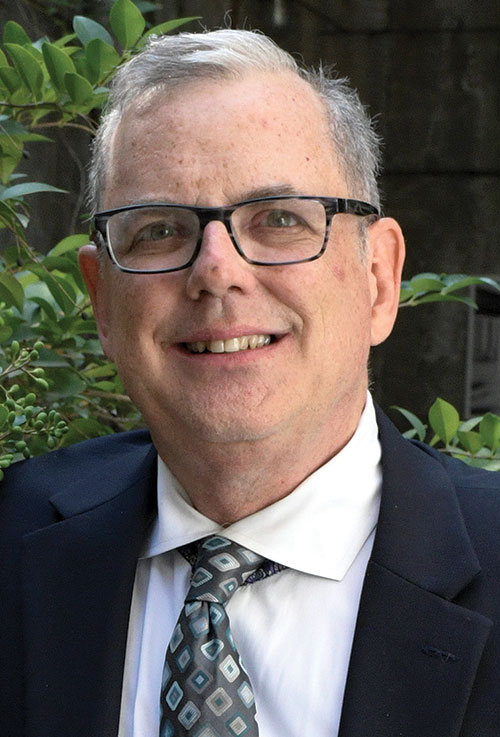
The country’s broadband network is already 70% deployed, and expanding higher education resources include the new Kutaisi International University, set to become the hub of STEM fields in Georgia and the region overall.
“One of the key benefits of doing business in Georgia for international companies is accessibility,” says Hansen. “There is easy access to the country (liberal visa regime), easy access to decision-makers and authorities, a well-functioning banking system ensures access to finance, there is access to information in English, access to health care, and a wide range of international schooling options. Companies based in Georgia also have excellent accessibility in terms of export potential to the EU and the CIS countries.”
The Association Agreement with EU was signed and ratified in 2014, including the Deep and Comprehensive Free Trade Agreement (DCFTA). In 2016, Georgia signed an FTA with EFTA countries, giving Georgian products duty-free access to the markets of Iceland, Liechtenstein, Norway and Switzerland.

Since then, Georgia has concluded a free trade agreement with the People’s Republic of China (including Hong Kong). With previously existing FTAs with CIS and neighboring countries (Turkey, Azerbaijan and Armenia), Georgia now provides customs duty-free access to a market of 2.3 billion people.
General Schemes of Preference for Georgia with the U.S., Canada and Japan have also been applied for, with the result being lower tariffs on 3,400 goods exported from Georgia.
Enterprise Georgia’s Mikheil Khidureli says a number of companies from European and Asian countries are considering Georgia as a near-shoring option.
Grand Tour Can Turn into Much More
Today you can add to Georgia’s industrial production another type of production: the film and TV scene. The British motoring show “Grand Tour” filmed an episode in 2019, and a certain motion picture franchise just sped through.
“We managed to attract ‘Fast and Furious 9.’ So after that the interest has been huge,” says Khidureli. The film is scheduled to open in spring 2021, when, he says, a lot of Americans will learn about the other Georgia across the Atlantic.
“Georgia is a hidden jewel. We are excited to continue to invest there because it continues to pay off in a lot of ways.”
“Hollywood has Georgia on the map, again because of the low bureaucracy, and flexible communication with government,” he says. “This shooting was quite late. We had to basically handle very difficult stuff like importing weapons in a couple of days. They were amazed at how quickly the government responded. It was a huge thing for the country.”
Blend that exposure with an already vibrant tourism economy, and you have a recipe for a very potent point of entrée.
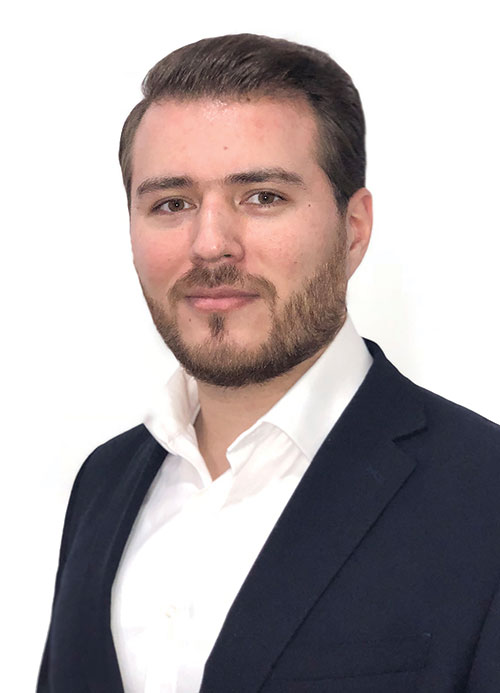
“We’ve had interesting instances of investors coming as tourists, and after falling in love with the country, they started to invest — it’s connected,” says Khidureli. “If the investor is looking at three countries, and the offers are the same, then the personal and emotional aspects comes in. This is a facet you should not underestimate.”
“The people here are very friendly,” says Ari Weisbort. “I was a kibbutznik in Israel. Everyone knows everyone. This is a very warm environment. I felt at home from the first day.”
“We have just started the ‘Work from Georgia’ program, making very easy regulations for freelancers to come and work here,” says Khidureli. “There have been about 1,100 applications, with 700 approved and 200 already here. We have a great climate, food, wine, mountains, sea and welcoming people.

“Georgia has a soul,” he says. “High skyscrapers are impressive to look at, but they are not an emotional presence. Georgia gives you a feeling you will never forget.”
This Investment Profile was prepared under the auspices of Enterprise Georgia, the economic development agency under the Georgia Ministry of Economy and Sustainable Development. For more information, visit www.investingeorgia.org.
